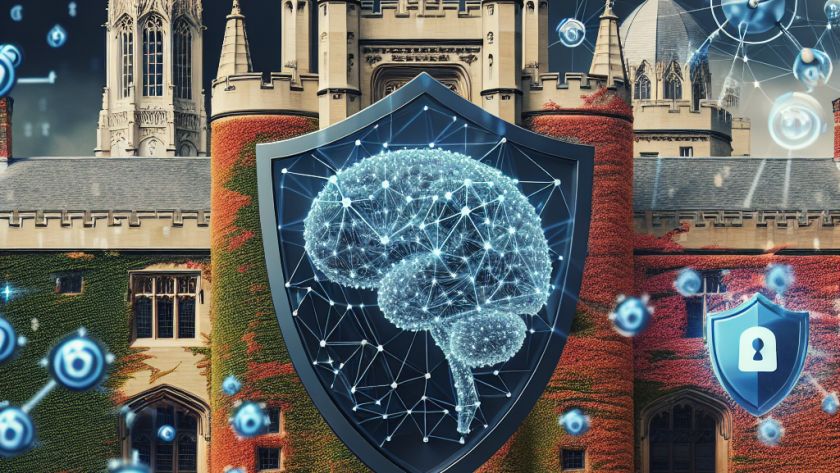Addressing bugs and issues in code repositories is a challenge often faced in the software engineering world. Traditionally, the process involves developers manually combing through code to identify and correct issues. Despite its effectiveness, this method is time-consuming and susceptible to human errors.
To offer an alternative and more efficient solution, the software engineering agent…












